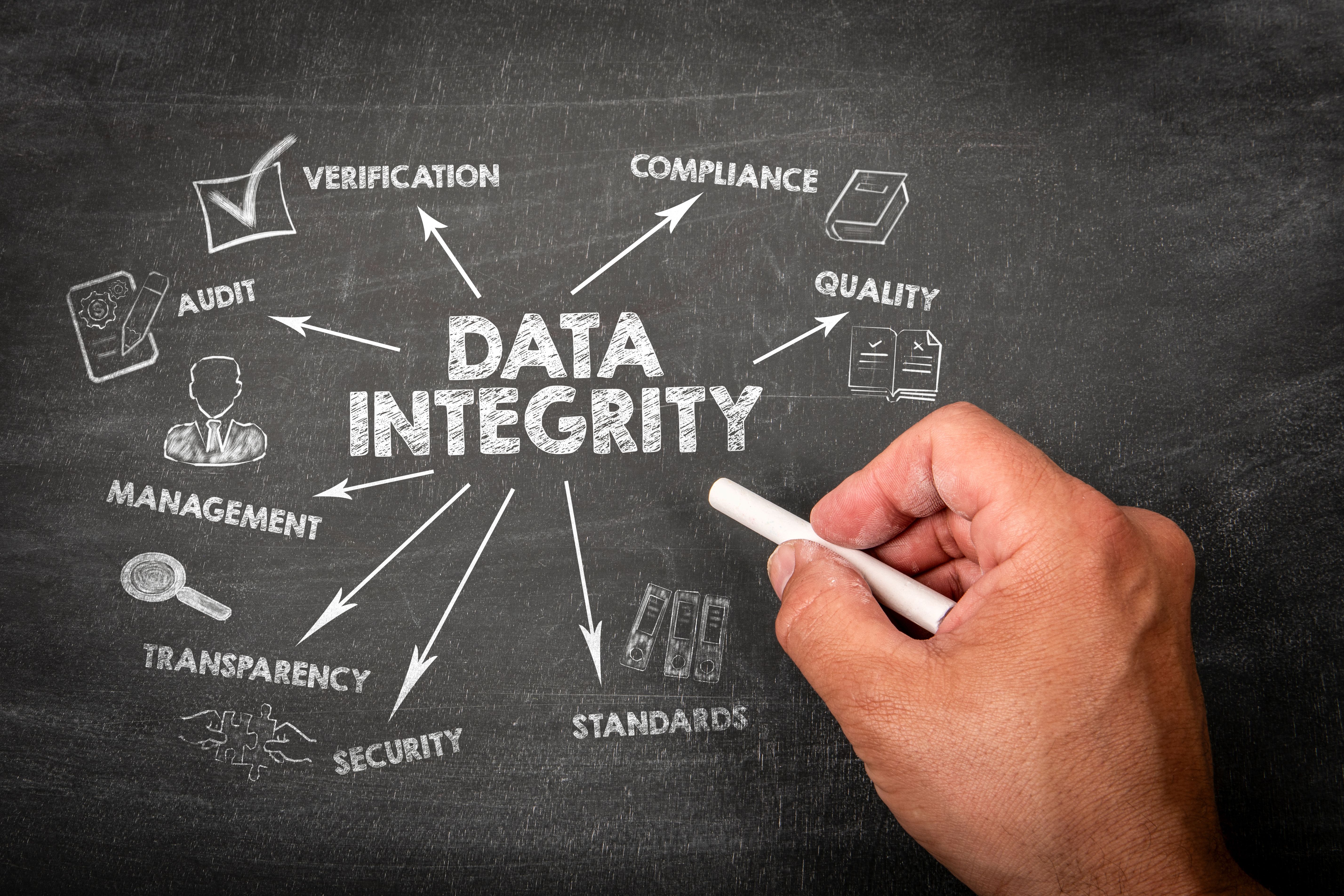Ethical Marketing: Building Trust in a Privacy-First World
TO
The Rise of Ethical Marketing
In today's digital age, consumers are more informed and connected than ever before. With this increased awareness comes a demand for businesses to prioritize ethical practices, especially in marketing. Ethical marketing is no longer a buzzword; it's an essential strategy for building trust and fostering long-term relationships with customers. As privacy concerns grow, brands must navigate the delicate balance between personalization and respect for consumer privacy.

Understanding Consumer Privacy
Consumer privacy has become a hot-button issue in recent years, with numerous data breaches highlighting the risks associated with mishandling personal information. As a result, consumers are more cautious about sharing their data, and governments worldwide are implementing stricter regulations, such as the GDPR in Europe and CCPA in California. These regulations underscore the importance of transparency and consent in data collection practices.
Businesses that prioritize privacy not only comply with legal requirements but also demonstrate respect for their customers' rights. By being upfront about data usage and offering clear opt-in and opt-out options, companies can foster trust and loyalty.
Building Trust Through Transparency
Transparency is a cornerstone of ethical marketing. When brands are open about how they collect, use, and store consumer data, they lay the foundation for trust. This transparency can be achieved through clear privacy policies, accessible terms of service, and straightforward communication regarding any changes in data practices.

Moreover, providing consumers with insights into how their data enhances their experience can further solidify trust. When people understand the value exchange—how their data contributes to personalized offers or improved services—they are more likely to engage positively with a brand.
The Role of Personalization
While privacy is paramount, personalization remains a powerful tool in marketing. The key is to strike a balance between the two. Personalization should be done ethically, ensuring that it does not infringe on consumer privacy. By leveraging anonymized data and aggregate insights, brands can tailor experiences without compromising individual privacy.
Ethical personalization involves respecting user preferences and boundaries. For instance, businesses should avoid intrusive tracking methods and instead focus on consensual engagement practices, such as preference-based recommendations and user-driven content.

Implementing Ethical Practices
To effectively integrate ethical marketing strategies, businesses can consider the following steps:
- Conduct regular audits: Regularly review data collection and processing practices to ensure compliance with privacy laws and ethical standards.
- Educate employees: Train staff on the importance of ethical marketing and the role they play in safeguarding consumer privacy.
- Engage with consumers: Actively seek feedback and involve consumers in decision-making processes related to data use.
The Future of Ethical Marketing
As technology continues to evolve, so too will the landscape of ethical marketing. Businesses must stay informed about emerging trends and adapt their strategies accordingly. Embracing ethical marketing not only aligns with consumer expectations but also provides a competitive advantage in a crowded marketplace.
The future will likely see increased collaboration between tech companies, regulators, and consumers to create frameworks that support both innovation and privacy. Ultimately, those brands that prioritize ethical practices will be better positioned to thrive in a privacy-first world.